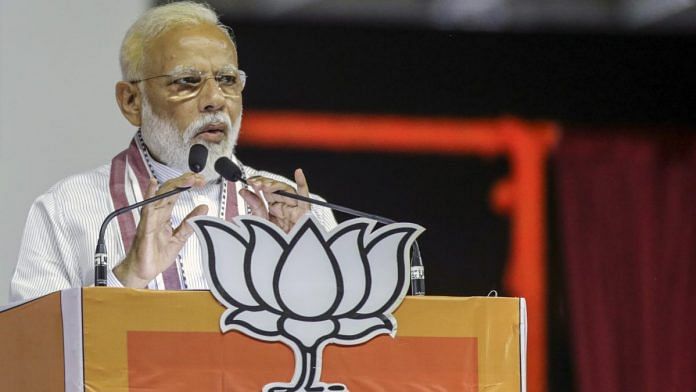The manner in which the Supreme Court has handled the allegation of sexual harassment against Chief Justice of India Ranjan Gogoi is unedifying. Given the nature of the case, the Supreme Court ought to have handled the case in an exemplary manner to protect its own credibility — and thus faith in the Indian Republic — in the eyes of the public.
Unfortunately, it has merely taken a procedurally correct approach. As many experts have pointed out, the three-member internal enquiry committee’s decisions to deny legal representation to the complainant — a former employee of the Supreme Court — and not to make its report public, are correct under a strict interpretation of rules under which it was constituted. However, in doing so, the in-house enquiry committee has increased public misgivings about whether or not the complainant will get a fair trial in the highest court of the land.
Here’s what is really striking though — the rules that apply to the Supreme Court are not only different but seem to be a lot more lenient compared to the rules that apply to a small company, for the same alleged offence. Now the Supreme Court of India has its own version of the prevention of sexual harassment law, in the form of regulations that it issued in 2013, that mirror the law that applies to everyone else. For instance, its Internal Complaints Committee comprises a minimum of seven members, compared to a minimum of four for other organisations. Yet, I do not know why the complaint was heard by a different enquiry committee, operating under a different regulation. Maybe there is a reason for this.
Also read: Both EC Lavasa & Justice Chandrachud couldn’t change outcomes, but dissent is dharma
The point, however, is that for the same offence, the Supreme Court is yet to — if at all — start doing what a small company of 10 employees is required to do immediately upon receiving the complaint. If it is to avoid giving the impression that the higher judiciary is to be held to a lower standard than ordinary citizens, then it is incumbent on the Supreme Court to act in ways that will restore public confidence in that institution. It is no one’s argument that the Supreme Court should succumb to moral panic. Rather, it must follow the right due process.
It’s not just the Supreme Court. Take another contemporary example: that of election funding. The Representation of People Act forbids political parties from accepting foreign funding. Yet, a recent amendment to the Foreign Contributions Regulation Act (FCRA) regularised all foreign funding received by political parties since 1976. Also, now that we have anonymous electoral bonds, it is possible for a foreign entity to incorporate a company in India and use it to buy electoral bonds. In its latest analysis of the sources of funding of political parties in India for 2017-18, the Association for Democratic Reforms (ADR), an election watchdog, found that due to lax regulations, “more than 50 per cent of the funds (of national political parties) cannot be traced and are from ‘unknown’ sources.”
The eminently reasonable laws, from the RPA to FCRA, to prevent foreign influence on Indian politics are thus rendered pointless.
That, however, does not stop the Indian government from being supremely punctilious about foreign funding of Indian non-governmental organisations. Last week, advocate Indira Jaising’s NGO Lawyers Collective, was asked to respond to a PIL for violating laws related to foreign funding. In 2013, PRS Legislative Research, a think tank providing free, non-partisan research service to Members of Parliament, had a near-death experience when the UPA government rejected its FCRA applications on the grounds that foreign funding would influence Indian policymaking.
Also read: Bigger hurdle for Indian democracy: Unchecked institutions like courts or autocrat leaders?
The principle that foreign money should not influence politics and policy in India is a sound one. That should have meant that we would have much stricter controls over foreign funding of political parties that have direct influence on policy, than on NGOs whose influence is at best indirect. Yet, in recent years, it has become easier for foreigners to anonymously fund political parties, while NGOs are facing greater hurdles.
Funding is just one aspect of a great scandal of democratic India: your neighbourhood Residents Welfare Association (RWA) faces greater compliance requirements and scrutiny than an average political party. Those who govern us are held to lower standards than those who they govern. This is upside down.
Clearly, political parties have no interest in imposing regulations on themselves. It will be very unfortunate if the judiciary too goes down the same route.
The author is the director of the Takshashila Institution, an independent centre for research and education in public policy. Views are personal.



